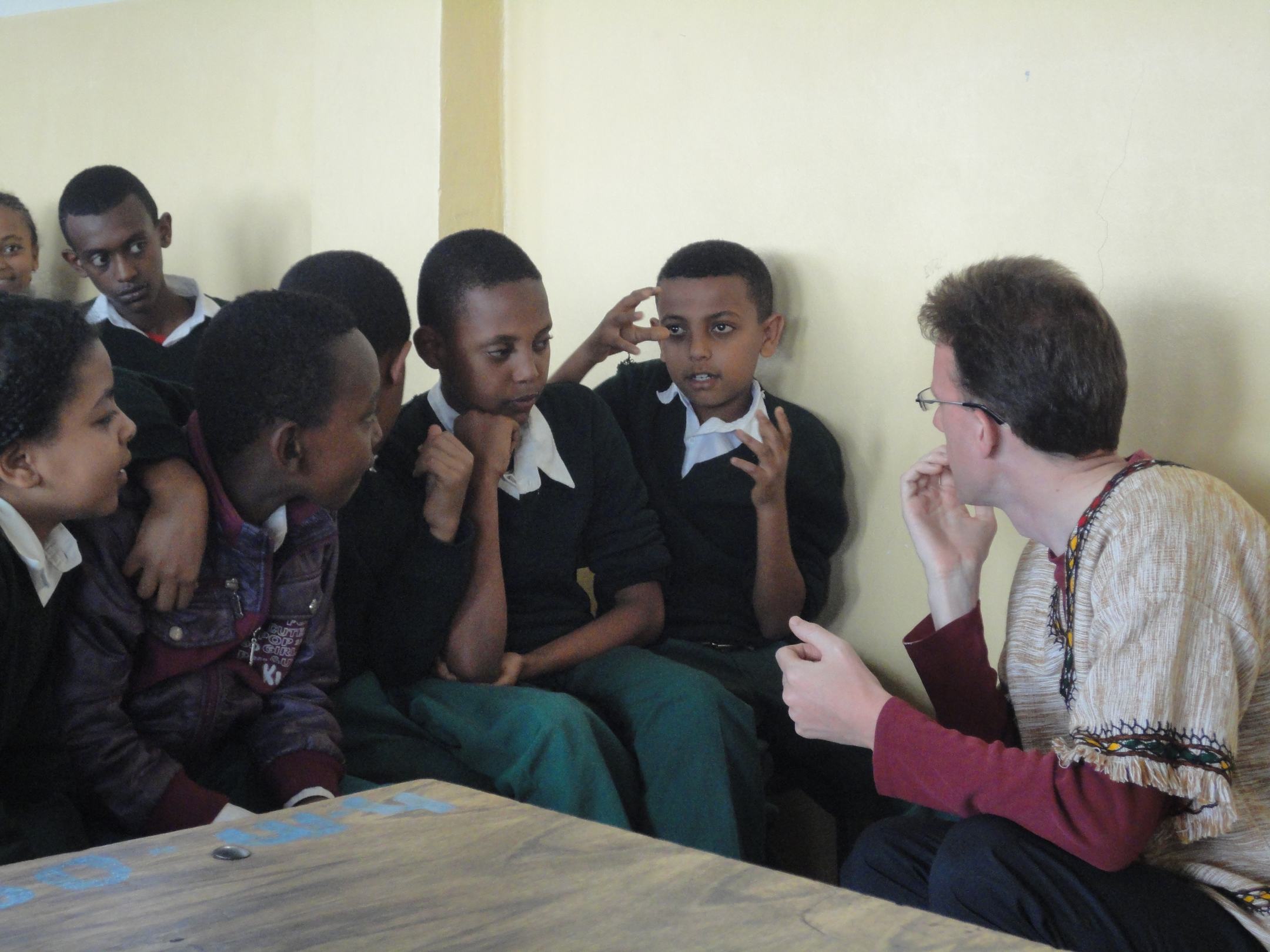Written by Cecilia
21st of May has been declared the World Day for Cultural Diversity for Dialogue and Development by the UN General Assembly in 2002.
 What is culture and what is cultural diversity?
What is culture and what is cultural diversity?
In its first meaning the term “culture” meant the “spirit of a people”. Culture is the way we approach the world, the means we have to understand life and the mediator between us and the world. Culture is the combination of all the knowledge, beliefs, arts, morals, laws and customs of a population. As a human manifestation every culture has to be respected.
The World Day for Cultural Diversity for Dialogue and Development is an occasion to celebrate cultural diversity and to invite the world’s population to understand cultural differences as a means to enrich and strengthen humanity instead of a way to promote stereotypes and division.
Cultural misunderstandings, often grounded on the fear of the unknown and on the wrong belief that one’s culture is superior and right, is one of the major reasons for conflict in the World. Celebrating the value of cultural diversity, promoting inter-cultural dialogue and inclusion is therefore a way to build peace and development. Respect for cultural diversity and inter-cultural dialogue must be at the heart of our everyday attitude towards the world in an attempt to create a cohesive and inclusive humanity. Development and peace building are inseparable from culture and cultural diversity.
Cultural diversity can be celebrated with every-day life gestures and the respect for different cultures can be taught through education in schools. This is what Link Ethiopia promotes through its School Linking programme. The respect for other cultures is something that has to be understood in the earlier stage of one’s life and education is crucial in framing one’s vision of the world. By promoting partnership between UK and Ethiopian schools, Link Ethiopia encourages mutual learning and exchange of traditions and experiences. Through the School Linking programme both teachers and students are invited to find similarities between their cultures, respect and learn from differences.
Children who study in one of the partner schools are invited to exchange letters and drawings with their distant friends in an attempt to shorten this distance through the sharing of cultural elements. At the same time, teachers who visit schools, whether in Ethiopia or in UK, go through a process of exchange and a mutual teaching/learning experience. They share projects, expertise, and knowledge.
An important project case study is the one carried out between Beza Primary and Secondary School and their UK partners Brackenbury Primary School. By sharing information and pictures about school programmes related to gardening – with a focus on sustainable living and global warming – they have been able to share knowledge and understanding between two different cultures and methods. This exchange strengthened both schools that learning from each other’s work improve their own! This is an example of how an understanding of each other’s culture and tradition can be a source of strength and improvement. Link Ethiopia addresses the broader aim of building peace and development through the celebration of cultural diversity.
10 things everyone can do to celebrate cultural diversity today

